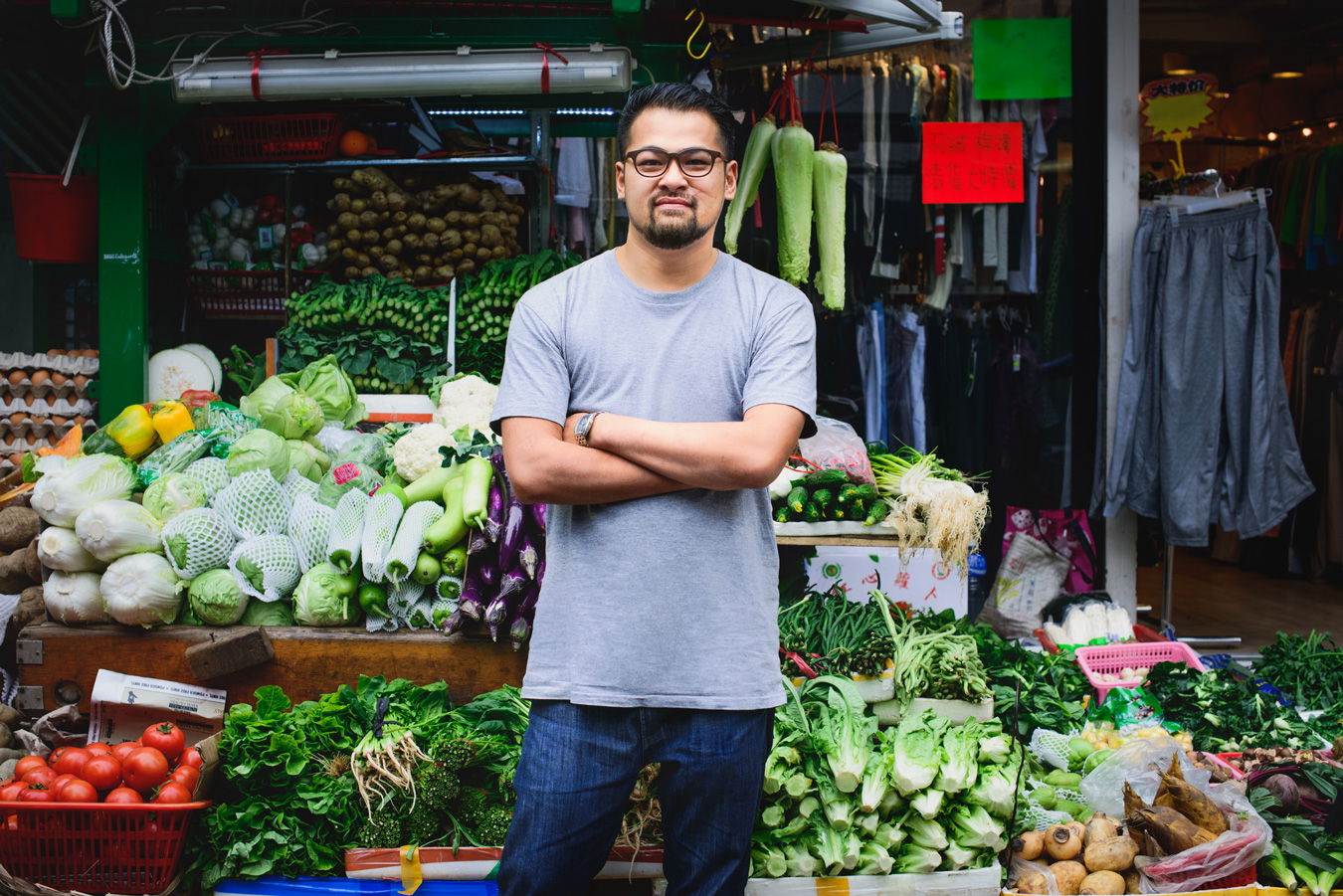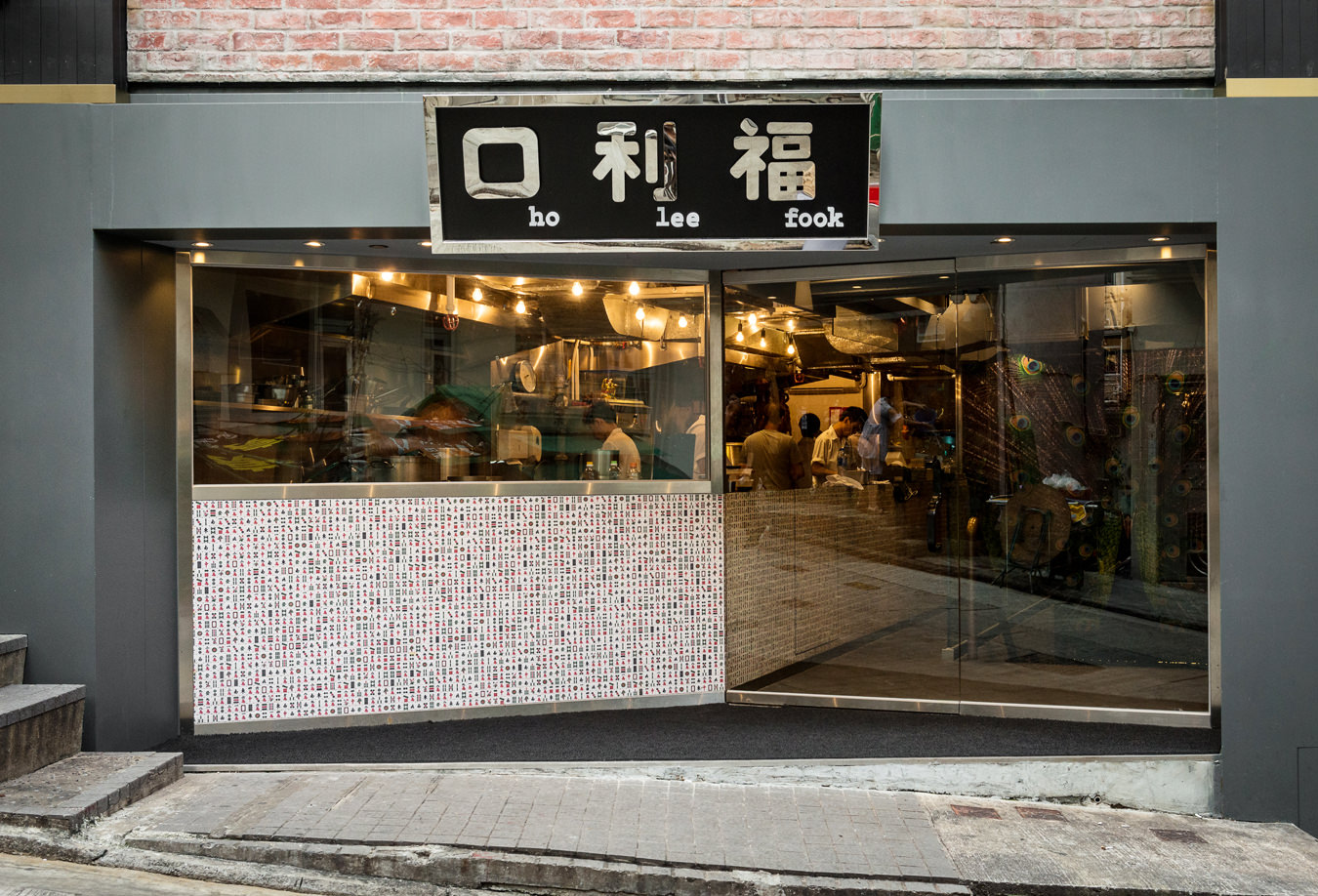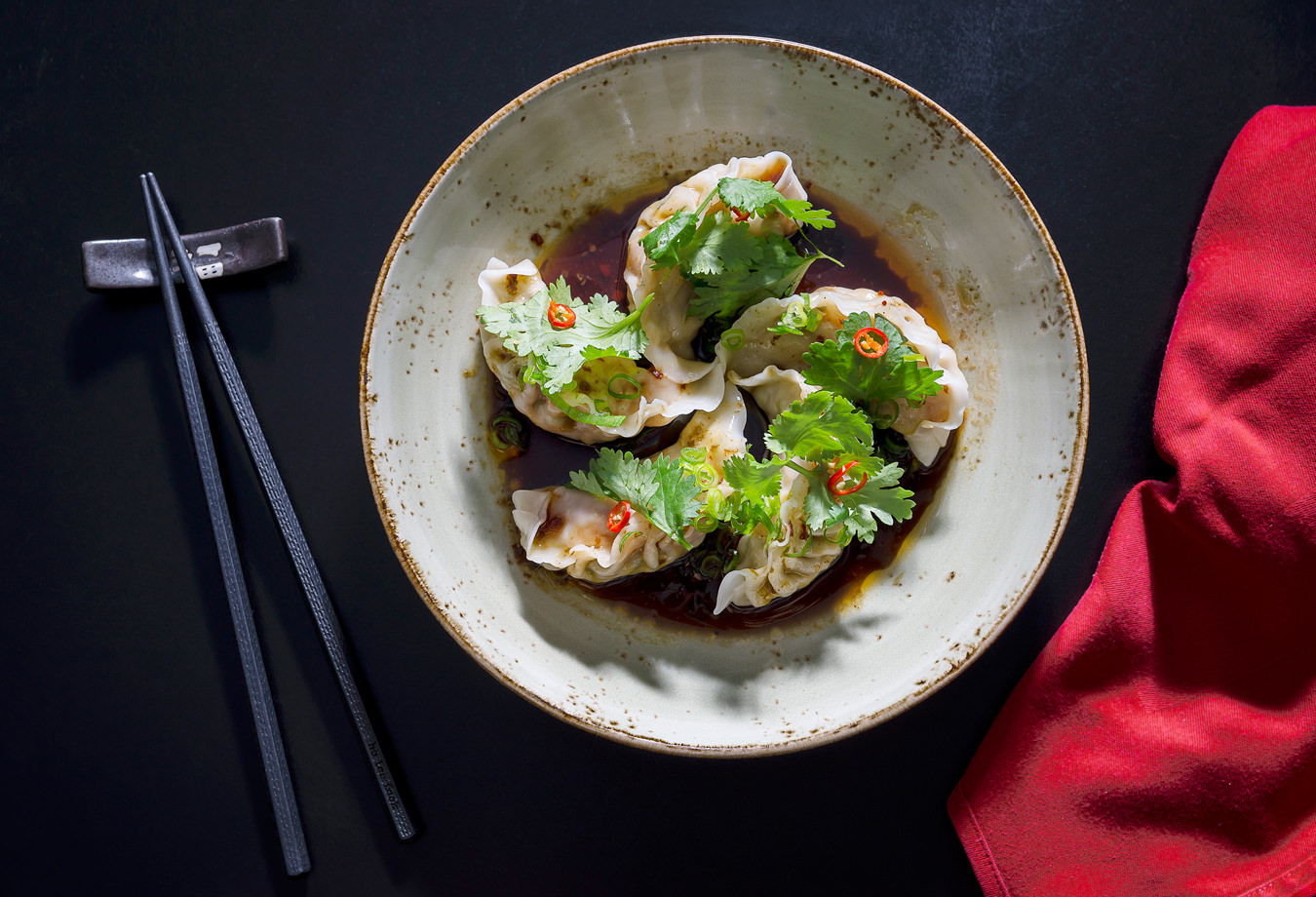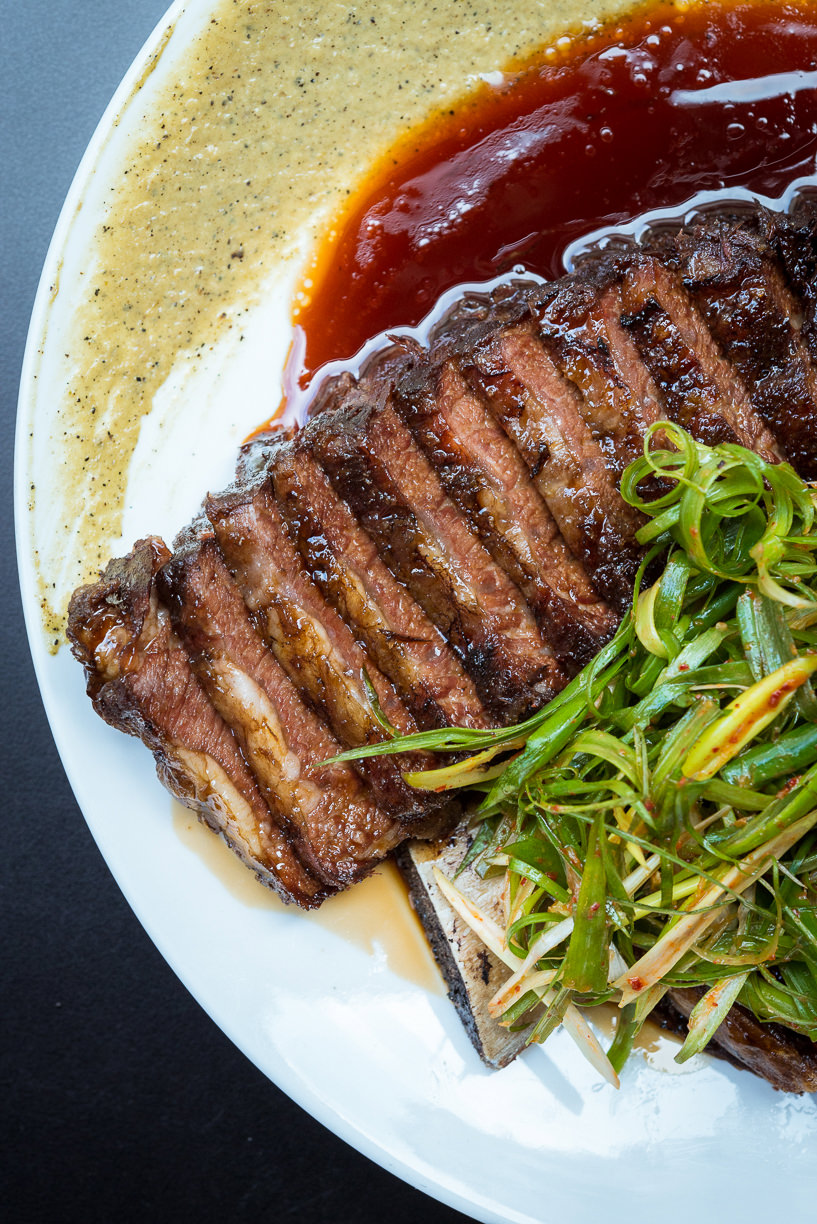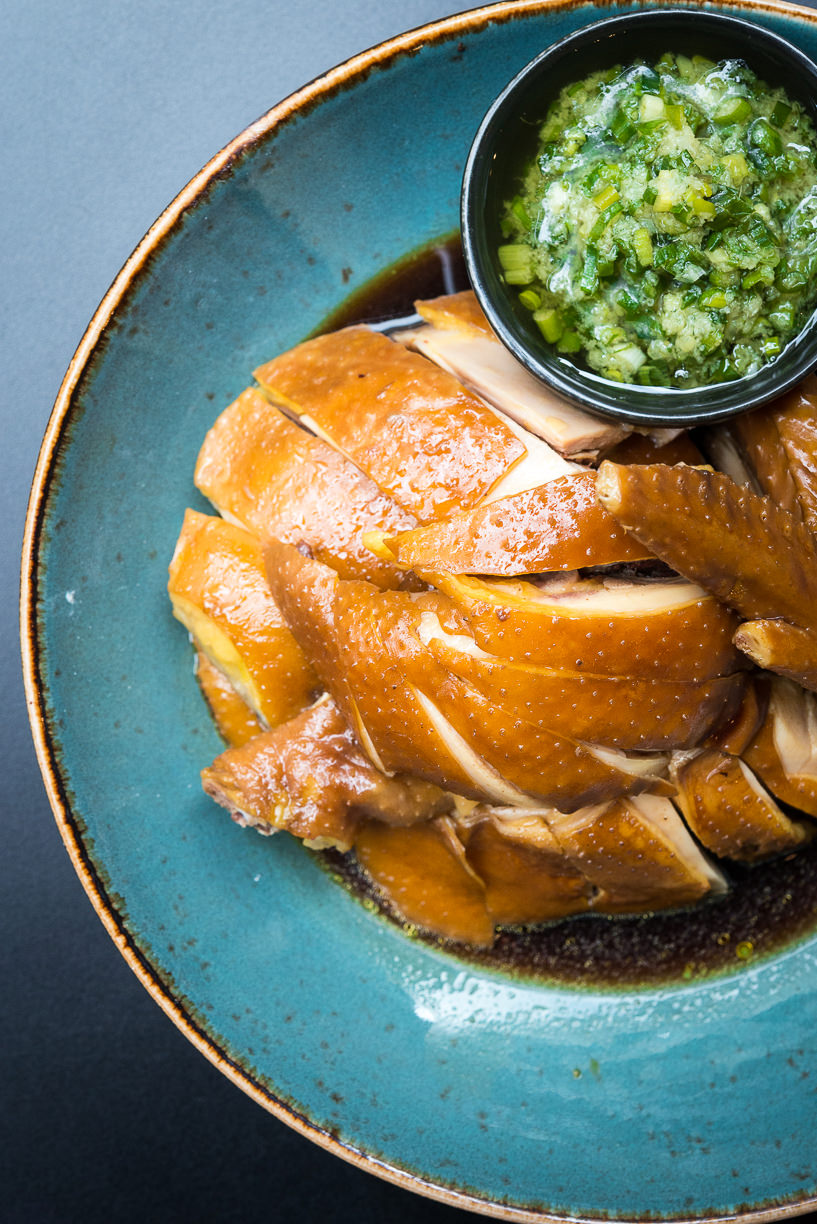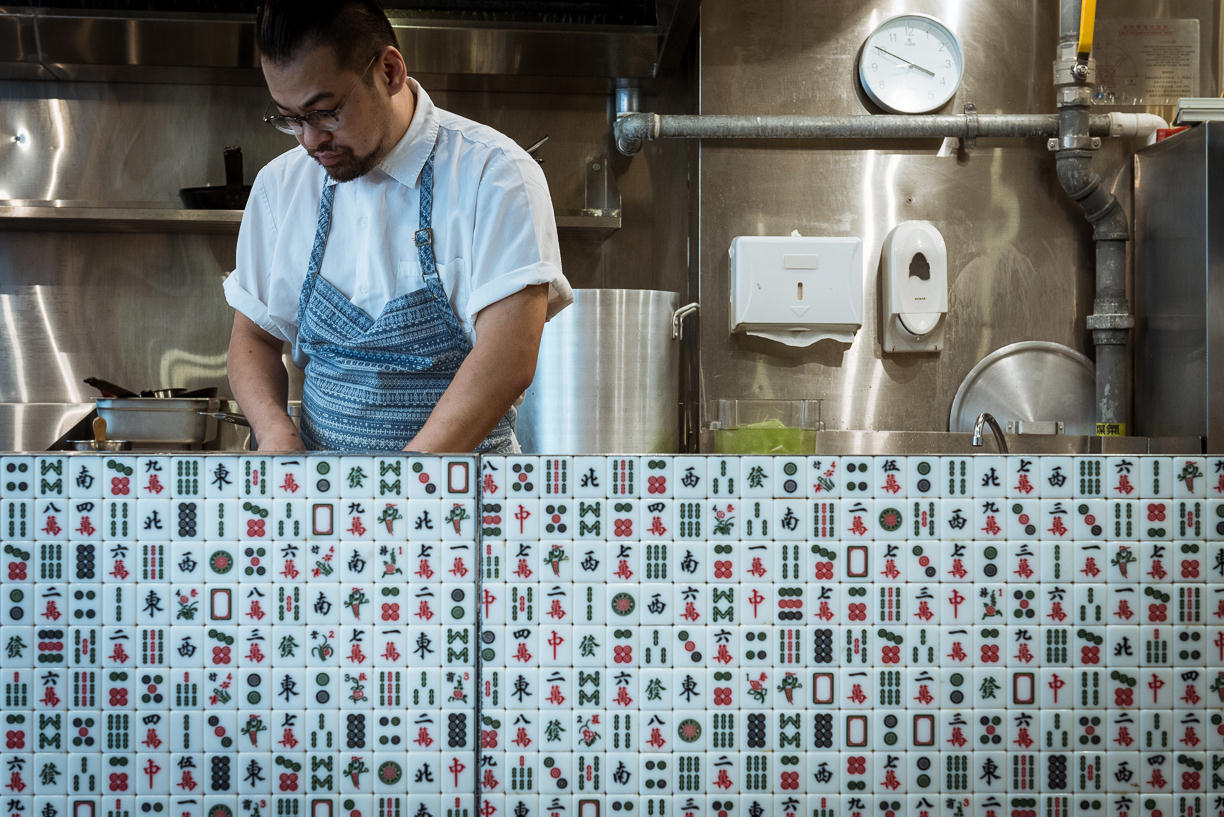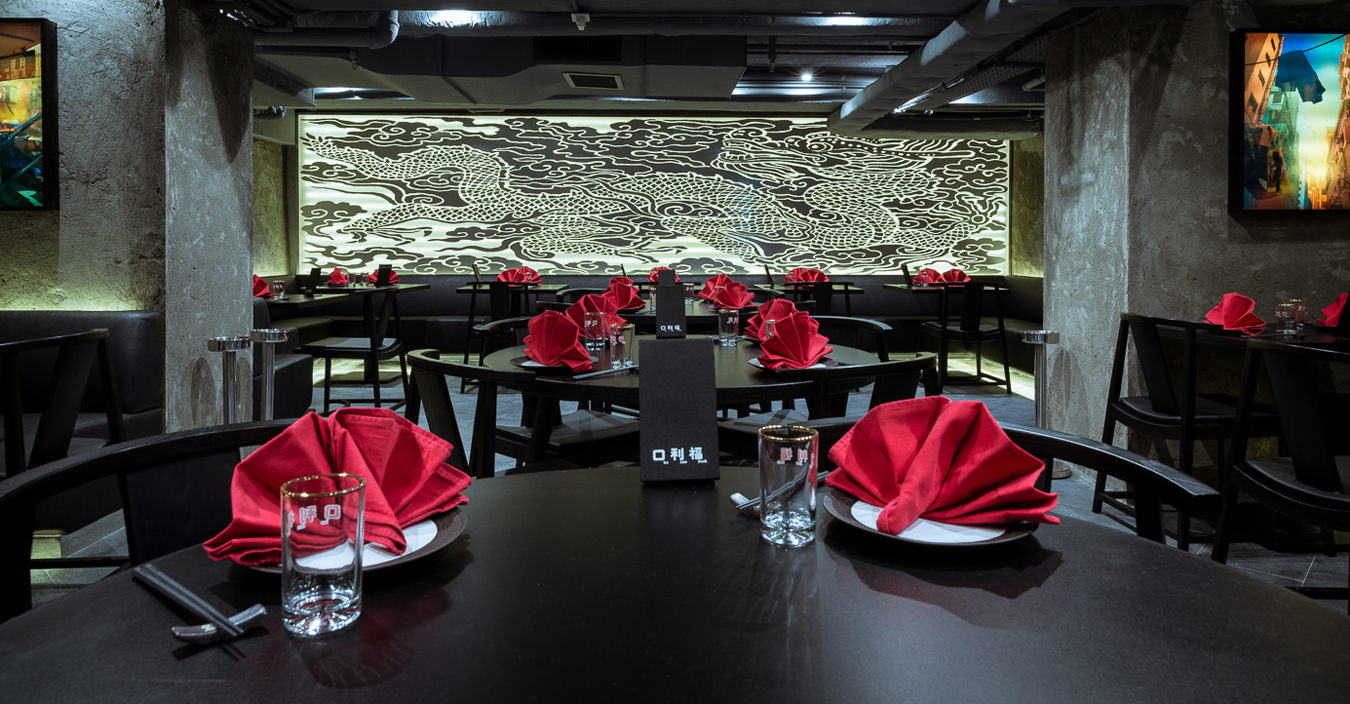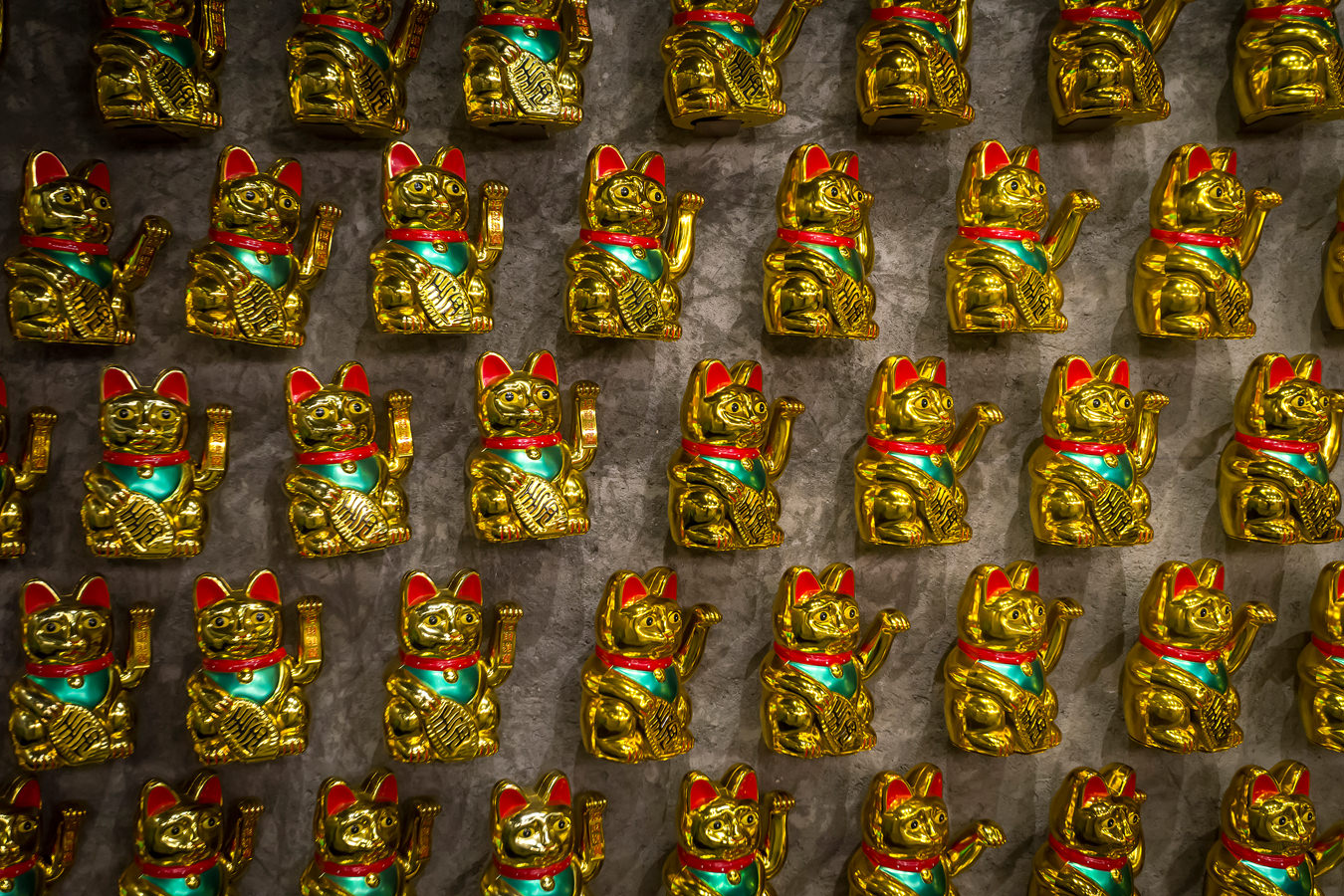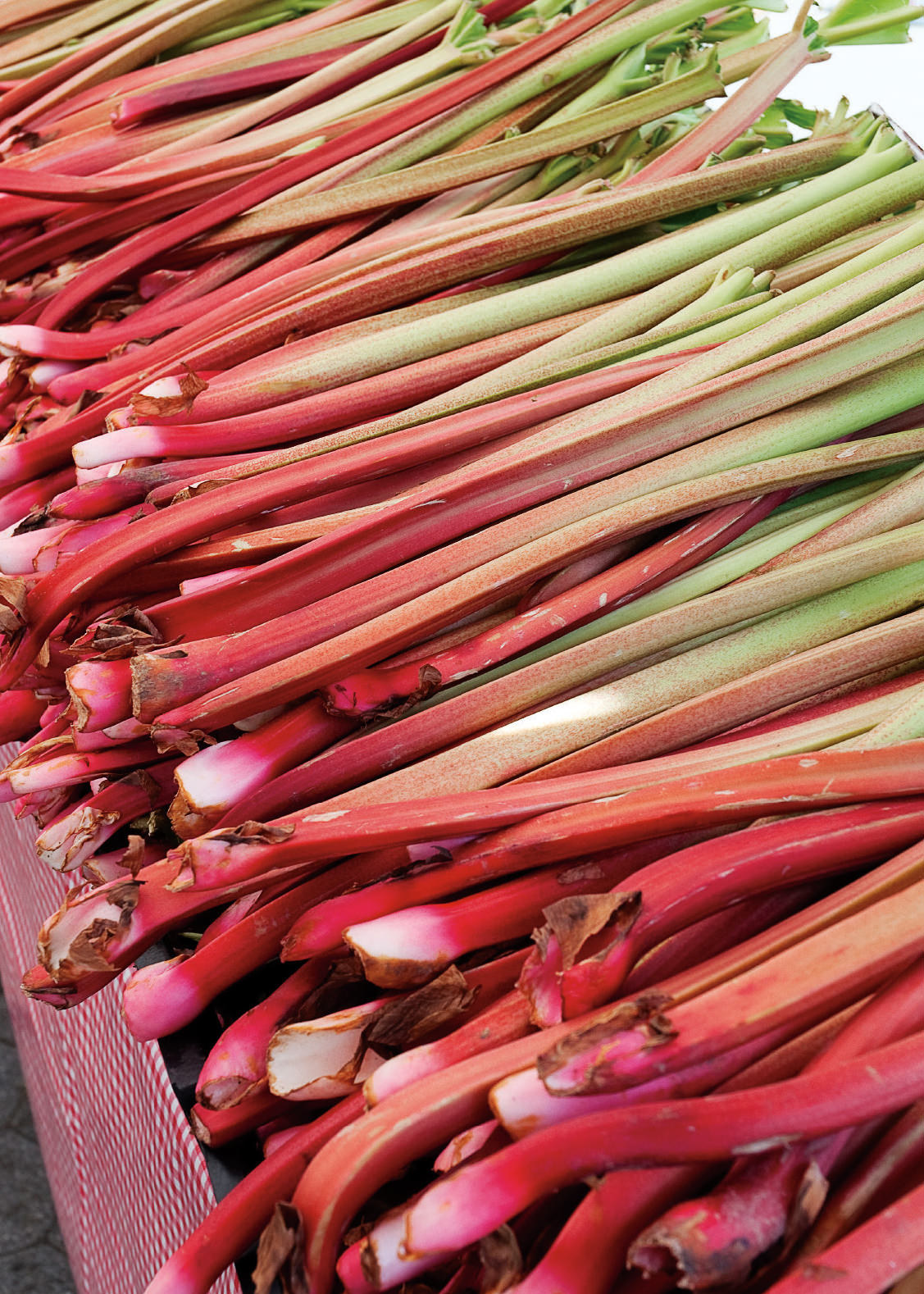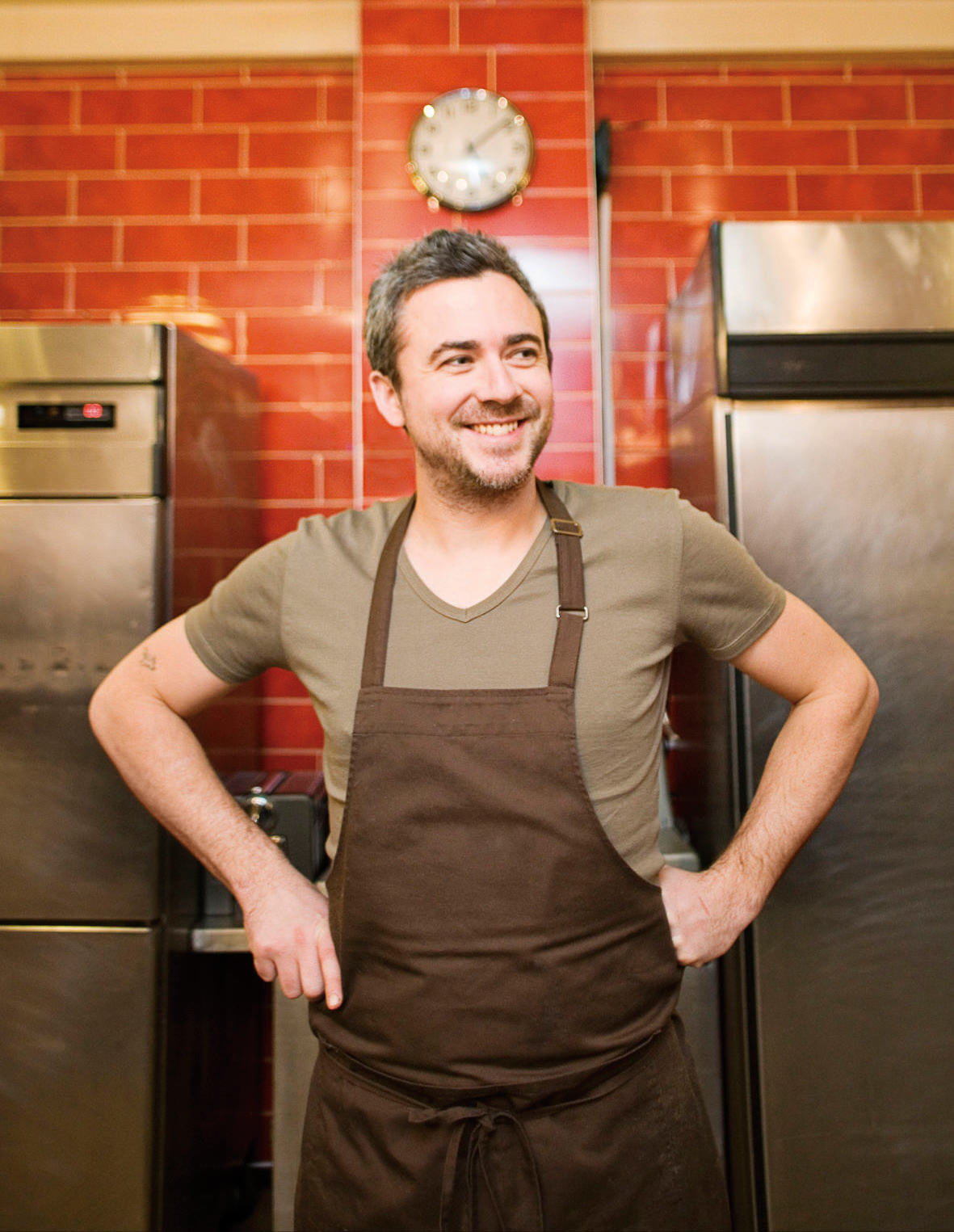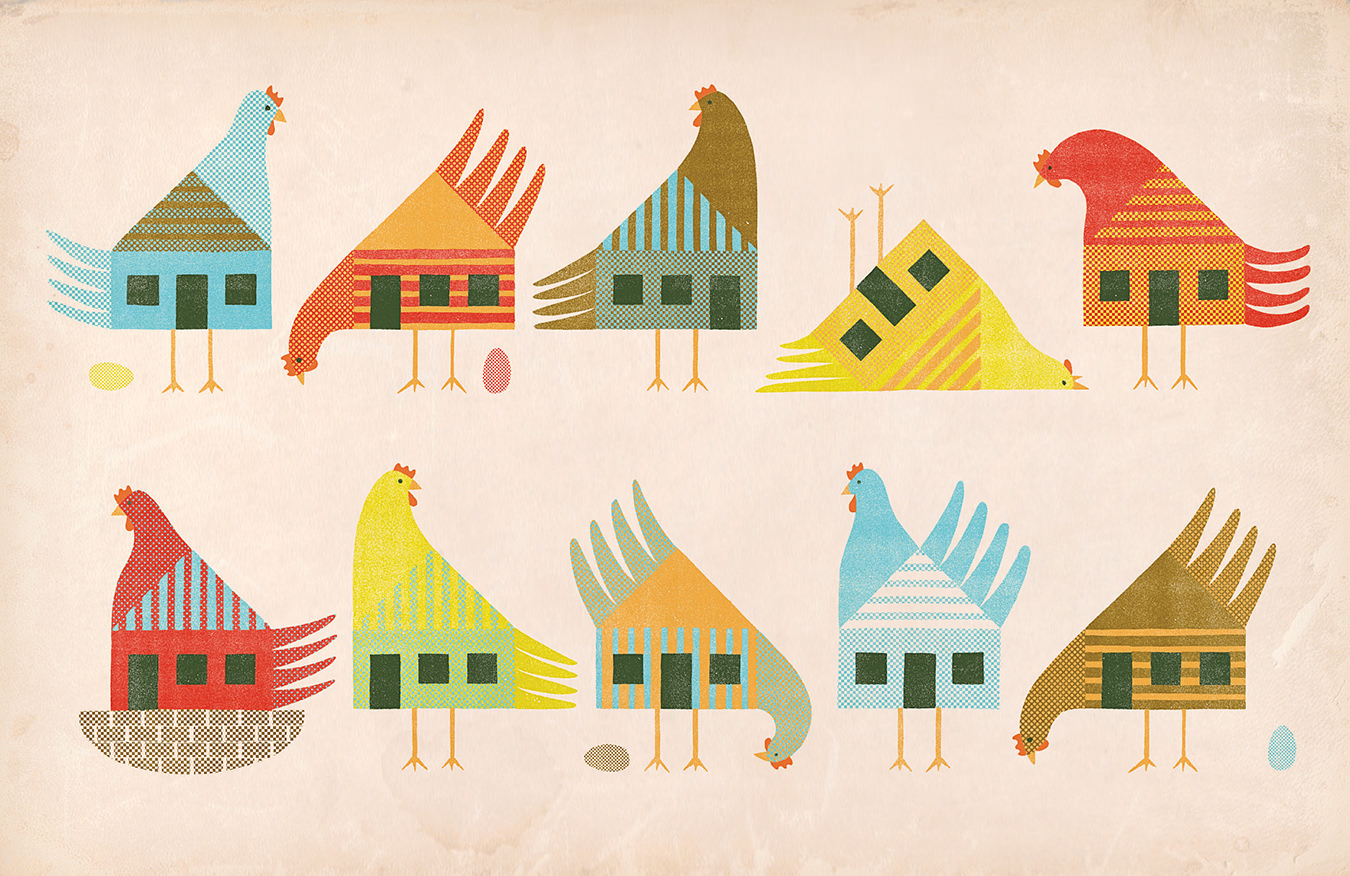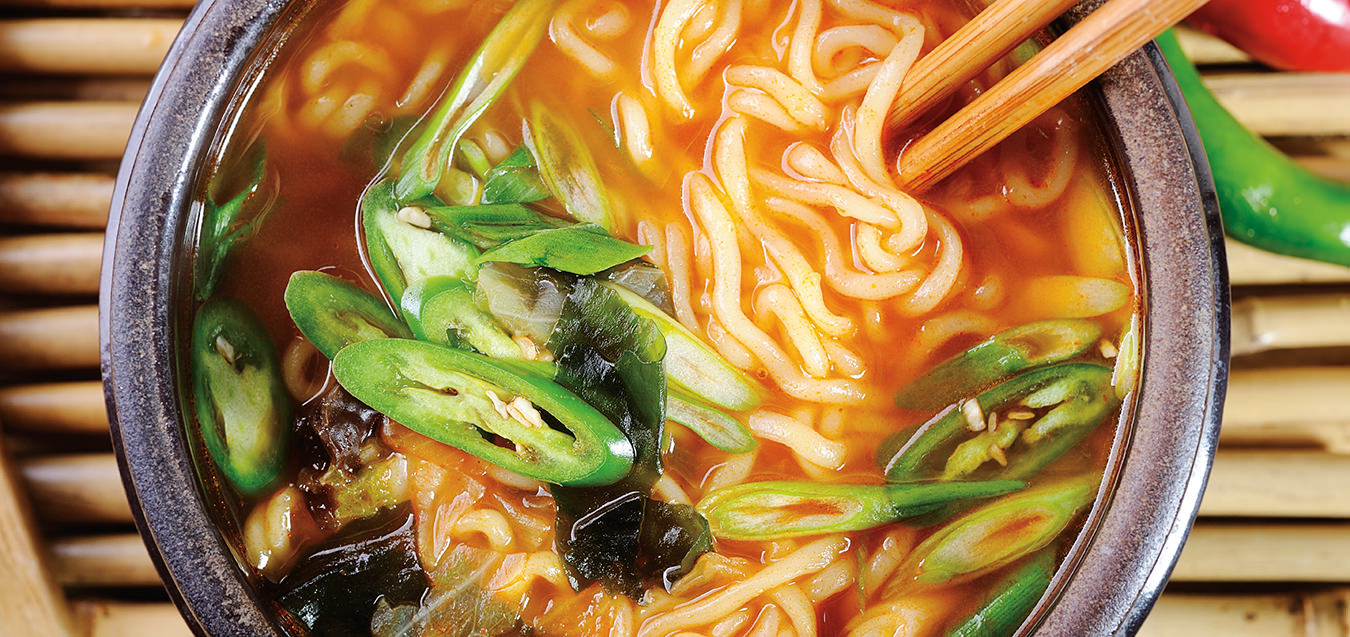Jowett Yu of Ho Lee Fook, Hong Kong
Good fortune for your mouth.
You’re never far from a good meal in Hong Kong—the city assures you of this fact immediately and enthusiastically. Whether you’re walking down the frenetic, neon-encrusted streets of Mong Kok or exploring the trendy enclaves of the SoHo district, bronzed, fat-slicked geese and orange barbecued squid hang from hooks in shop windows. Cafés with open kitchens reveal glimpses of staff using strainers that look like black stockings to separate leaves from the strong tea sold alongside pineapple buns. Signs advertise little dim sum alcoves with heavy doors and round tables on which crystal-skinned dumplings and puffed sesame balls are placed. Thousands of hawker stalls emit fried, appetizing smells.
So opening a Cantonese restaurant here is kind of like bringing sand to the beach. At least, that’s how Jowett Yu felt as he watched the ovens being installed in his restaurant, Ho Lee Fook, in the summer of 2014. “I was breaking into a sweat,” he says. “Here I am opening a Chinese restaurant in Hong Kong. It sounds ridiculous—does Hong Kong need another Chinese restaurant?”
But Ho Lee Fook isn’t exactly a traditional Chinese restaurant, its distinctiveness clear enough from the cheeky name alone (it translates from Cantonese as “good fortune for your mouth”). Its menu sees Chinese comfort foods amplified by international influences: prawn toast served with shaved cabbage and a drizzle of Kewpie mayonnaise, evoking Japanese okonomiyaki; stir-fried garlic chive blossoms tossed with dried shrimp and spicy chorizo; scallops with sumac and finger lime. To categorize Yu’s food, you’d need to dredge up that besmirched term, “Asian fusion”. People were doing it badly in the nineties, but Yu, 34, belongs to a new generation of chefs—one guided by Momofuku chef David Chang’s twin principles of technical mastery and culinary non-conformity. Yu isn’t afraid to break rules in his kitchen, but only because he’s dedicated his life to learning those rules first.
Born in Taiwan, Yu’s childhood was its own kind of immersive culinary training. On his grandparents’ countryside farm, he began his education by watching his grandfather plant, cultivate, and harvest rice. “My grandfather, I remember, had a bent back from ploughing rice. It was a lot of work—a seven-month process from planting the seedlings through to harvest.” Yu cites a bowl of rice as his “death row” meal and finds it frustrating when unfinished bowls return to his kitchen. “It’s the source of everything,” he enthuses. “It pains me when food gets wasted.” Yu’s grandparents also grew burdock, watermelon, guava, and green shallots—but it was raising animals for slaughter that really left an impression. “I remember my grandmother sending me out of the kitchen so she could kill a chicken, and peeking through a crack in the doorway just enough to see this dramatic blood spatter.” All parts of said fowl were duly prepared and enjoyed, and to this day Yu’s approach to food involves a deep sense of respect for the sacrifices behind every meal. “I’m not going to say I’m an artist or a crusader for a movement,” he explains. “I just hope that when you eat something I’ve prepared, you think about where it came from.”
Yu’s days on the farm ended in 1992, when the 10-year-old and his family immigrated to Vancouver and settled in its Killarney neighbourhood. There, a different kind of learning took place. “I ate at a lot of Chinese restaurants in Vancouver,” he says. “And Vietnamese restaurants. You don’t get a lot of either in Taiwan, so suddenly I was discovering just these really good, new cuisines.” Yu’s parents encouraged his culinary explorations, but when it came to financing his burgeoning sneaker addiction, he decided to take a job flipping burgers at a Red Robin franchise. The high-energy aspect of kitchen work kept him supporting himself in pubs and restaurants throughout his undergraduate stint at the University of Victoria (where he majored in history) and a diploma at the Art Institute of Vancouver.
By then, at age 22, Yu felt ready to move into the big leagues—specifically, to Japanese chef Tetsuya Wakuda’s eponymous Sydney restaurant, one of the most esteemed dining destinations in Australia, and the world. “I learned a lot about consistency, discipline, and an eye-opening cuisine that was French in appearance and Japanese in flavour,” he says of working at Tetsuya’s (where he apprenticed, initially unpaid, while couch surfing and eating rice with soy sauce for every meal to keep afloat). From there, motivated by his long standing love of all things Asian food plus a passion for snacky convenience store indulgences, Yu branched off to co-found Ms. G’s, a hugely popular, kooky Sydney pan-Asian spot serving junk food–inspired cuisine like a fried candy bar dessert called Stoner’s Delight. He also opened a Cantonese restaurant, Mr. Wong, specializing in roasted meats. To hone his recipes for char siu and Peking duck, Yu lurked around the city’s best Chinese barbecue shop, taking notes until its owner shooed him away.
Yu was cooking at Ms. G’s when Hong Kong–based Black Sheep group restaurateur Christopher Mark, a Toronto expat and former chef, first tasted his food. Mark was looking to open a Chinese restaurant, but felt he couldn’t work with a local chef. “I wanted someone with more of a world view,” Mark explains. “If I lived in Vancouver or Toronto, I’d probably be eating five times as much Chinese food as I did [in Hong Kong] because the experience of going to a Chinese restaurant is just not that nice here”—chalk it up to polarization, a lack of mid-range spots, and an emphasis on traditional food over atmosphere and innovation. Ho Lee Fook was conceptualized as something a tad more international, without veering toward hyperrefined—a den-like restaurant lined with gold beckoning cat statuettes. The restaurant needed a chef whose food could match Mark’s vision of globalized trendiness. And so, inside Ho Lee Fook’s lively, speakeasy-esque dining room, Yu found his next challenge: serving modernized Cantonese food to a discerning audience of locals and foreigners.
Yu’s most famous dishes are his dumplings (his mother’s recipe: mostly cabbage, a little pork), his wagyu short ribs (cooked sous-vide then deep-fried for a crisp succulence), and his barbecue. “Because of space, a lot of Hong Kong restaurants use factories to provide partially or fully roasted meats,” he explains. “We brine, dry, roast, and glaze [our meats] all ourselves. The char siu we make uses kombu-fed Kurobuta pork, and as we’re roasting it, we’re chucking almond wood into the oven because it smokes and imparts flavour. We serve it sweet, glazed with honey and a blend of soy sauce. It’s definitely a bestseller.”
Sitting in Ho Lee Fook on a packed night (the restaurant seats 60) as the Dire Straits play over the sound system (Yu favours “dad rock”), the food and the vibe coalesce, and people are having fun. Everything Yu touches turns contemporary and comfortable, and that “life of the party” talent has led to him being sought-after internationally for all manner of cool endeavours. When the 2015 edition of San Sebastián Gastronomika announced Hong Kong and Singapore as its highlighted cities, Yu was one of four chefs invited to speak. That same year, French chef and 21-Michelin-star winner Alain Ducasse declared Ho Lee Fook “outstanding”, inviting Yu to Paris to host a pop-up restaurant at Le Meurice (he’s since acted as guest chef at Lyle’s in London’s Shoreditch neighbourhood and New York’s Chefs Club, among others). Ferran Adrià has been known to stop by Ho Lee Fook when he’s in town. Matt Damon likes it so much, he’s in talks with Yu about opening a Chinese restaurant in Los Angeles. As Mark quips, “Ho Lee Fook may not be the real Hong Kong experience, but it’s the experience people want to have in Hong Kong.”
There was buzz that Ho Lee Fook might win a 2016 Michelin nod, though it didn’t. Which is fine, especially for a chef who admits he doesn’t like eating anywhere he can’t wear shorts. “Jow is talented, but he’s also commercially viable,” Mark says of Ho Lee Fook’s core values. “A lot of talented chefs never have the common sense to do something that’s also sustainable and financially viable. [Yu] just happens to be passionate about a style of food which is trendy at the moment.” And there’s nothing wrong with being popular—and busy. Yu took on a second Black Sheep Restaurants gig as an advisor at the new Wan Chai district Vietnamese restaurant Le Garçon Saigon in 2015 and remains on the invite list for international culinary collaborations, while Ho Lee Fook has become an unmissable spot in a city famous for dazzling foodies. Yu is, indisputably, a man in possession of good fortune. There will be more to come.
Ho Lee Fook, 1 Elgin St, Central, Hong Kong.
_________
Never miss a story. Sign up for NUVO’s weekly newsletter.

